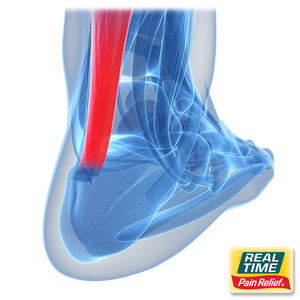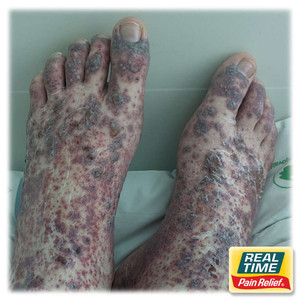Skincare Benefits of Black Willow Bark
14th Feb 2023
Acne can be quite an uncomfortable condition—both painful and embarrassing. If you have acne, you probably want to know how to clear up and smooth out your complexion without all the harsh chemicals. Ideally, you want something that is both strong enough to be effective and gentle enough to protect your delicate skin tissue.
Black willow bark (Salix Nigra) can be a helpful alternative to add to your skincare routine, as it has been known to help with annoying outbreaks.
What is Black Willow Bark?
Salix nigra is the scientific term for black willow, also known as pussy willow. Black willow can be distinguished from the dozens of other varieties of willow tree by its large size, (it’s one of the biggest willows) and its nearly black bark (thus giving it the name). The bark is also extremely rough and furrowed, while the leaves are long and lance shaped. Salix nigra is native to North America and loves to grow along rivers, lakes, and floodplains.
For medicinal purposes, people primarily use the bark of the willow tree. Black willow bark contains tannins, which make it an astringent. It also contains salicin, which gives it pain-fighting properties. Did you know the original Aspirin recipe included willow? The salicin content in the willow has an anti-inflammatory effect on the body. Because of this, willow can be helpful for muscle and joint pain.
As it turns out, salicin is also great for helping treat acne.
What Causes Acne?
Acne affects a huge portion of the population at some point in their life. But what causes it? To understand that, it’s important to understand the structure of the skin.
You probably know that most of your skin is covered in pores—actually, all of your skin, except for your palms, soles, and lips. You may not know that every single pore, also called a hair follicle, has a sebaceous gland opening into it. These glands produce an oily substance called sebum, which helps to keep the skin and hair healthy and lubricated.
Acne is a condition in which the glands begin to overproduce sebum. This excess sebum can then mix with dead skin cells, creating a thick substance that can plug up the follicle.
You can probably guess what a plugged up follicle looks like: pimples, blackheads, whiteheads, papules and pustules. Not so awesome.
Excessive oil prevents the skin from breathing as well as provides food to bateria, resulting in infected clogged pores. The pores can then become inflamed with swelling and pain.
But what causes the sebaceous glands to overproduce oil in the first place?
Well, a few things can cause this rather annoying condition.
Hormones are the main culprit. The sebaceous glands are actually stimulated by testosterone, which is naturally produced in both men and women by the adrenal glands. These hormones can be especially active during puberty (thus the high occurrence of acne during this phase of life), and can also be exacerbated during various phases within the menstrual cycle.
Changes in sebum production can also occur as a response to changes in the environment, temperature, and humidity level.
So how can we treat this sebum overproduction? Salix nigra is a great place to start!
How Does Black Willow Bark Help Your Skin?
Black willow bark may help with acne, in part, thanks to the salicin content. Salicin is actually a precursor to salicylic acid, which is widely used in chemical acne treatments. Salicylic acid works by penetrating the pores and removing the dead skin cells. It is thought that salicin works in the same way—exfoliating the skin on a deep pore level, the acid helps to prevent dead skin build-up, keeping the pores clear—which in turn diminishes the development of acne!
However, unlike salicylic acid, which can be rather harsh for the skin, black willow extract can be more gentle and less irritating.
In addition to the salicin, black willow bark has several other beneficial properties:
- Astringent: The astringency of the black willow helps to remove oils from the skin. It does this by tightening pores, or shrinking the tissues, which means less sebum will be produced. It also may help to even out the skin’s appearance.
- Analgesic: Black willow bark may help to minimize pain associated with infected follicles.
- Anti-inflammatory: Black willow has anti-inflammatory properties, meaning it may help to reduce the redness and swelling of any infected pimples.
- Antimicrobial: Thanks to the antimicrobial properties of black willow bark, it may help reduce the harmful bacteria that is exacerbating your acne.
Is Pain Leading to Sleep Troubles? (Click Here) to learn 5 Tips for a Better Night's Rest!
Check out our blog to learn a multitude of ways to start relieving your pain naturally!
Real Time Pain Relief not only cares about the quality ingredients that go into each and every one of our products – but also about the people who buy them. We hope this blog becomes a valued resource for your own personal journey to better health. For over 20 years, Real Time Pain Relief has provided family safe pain relief infused with Nature’s Ingredients. From the useful information in our articles to our high-quality products, we hope you feel better and pass it on!
Source:
https://www.healthline.com/health/willow-bark-natures-aspirin#forms-and-dose





